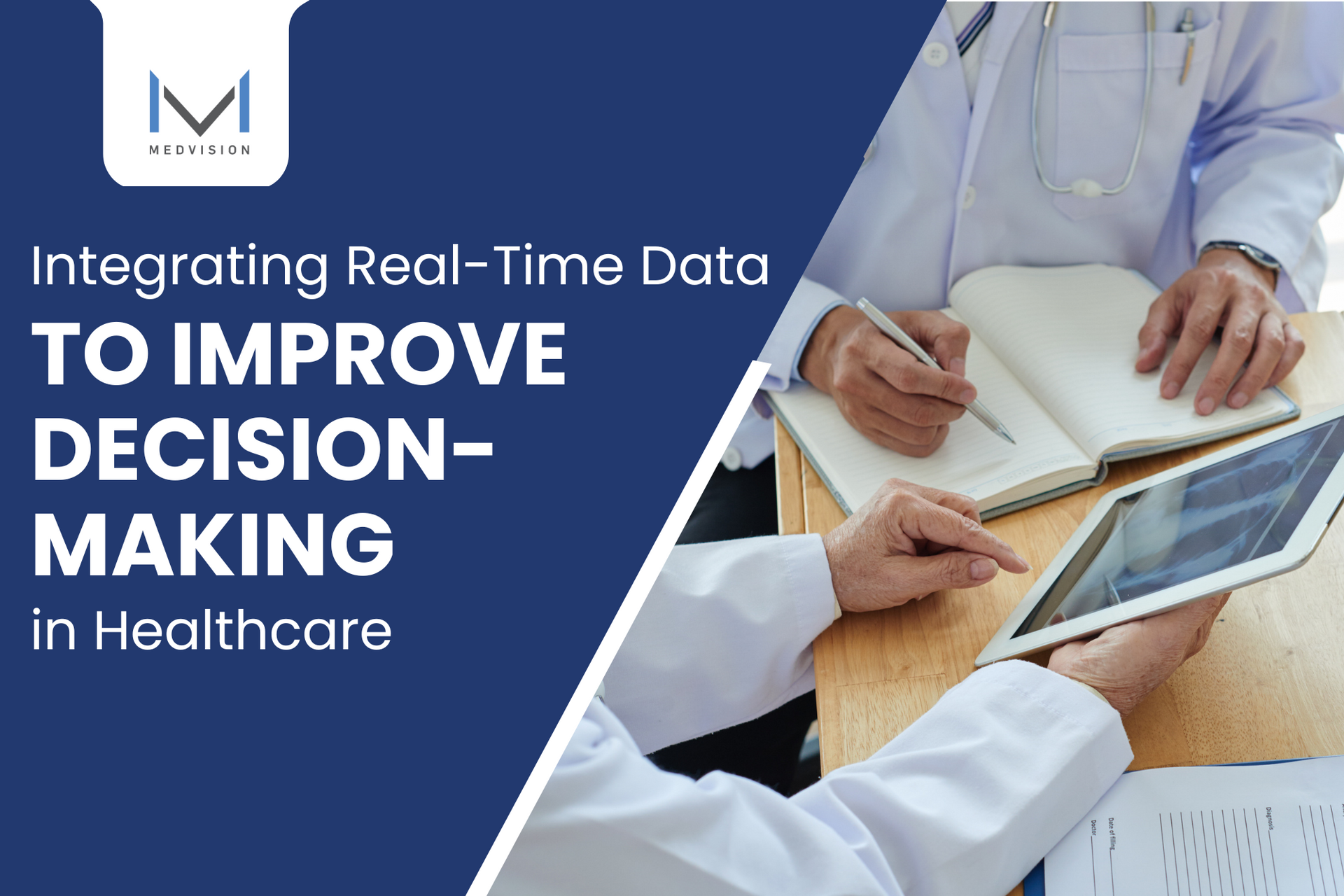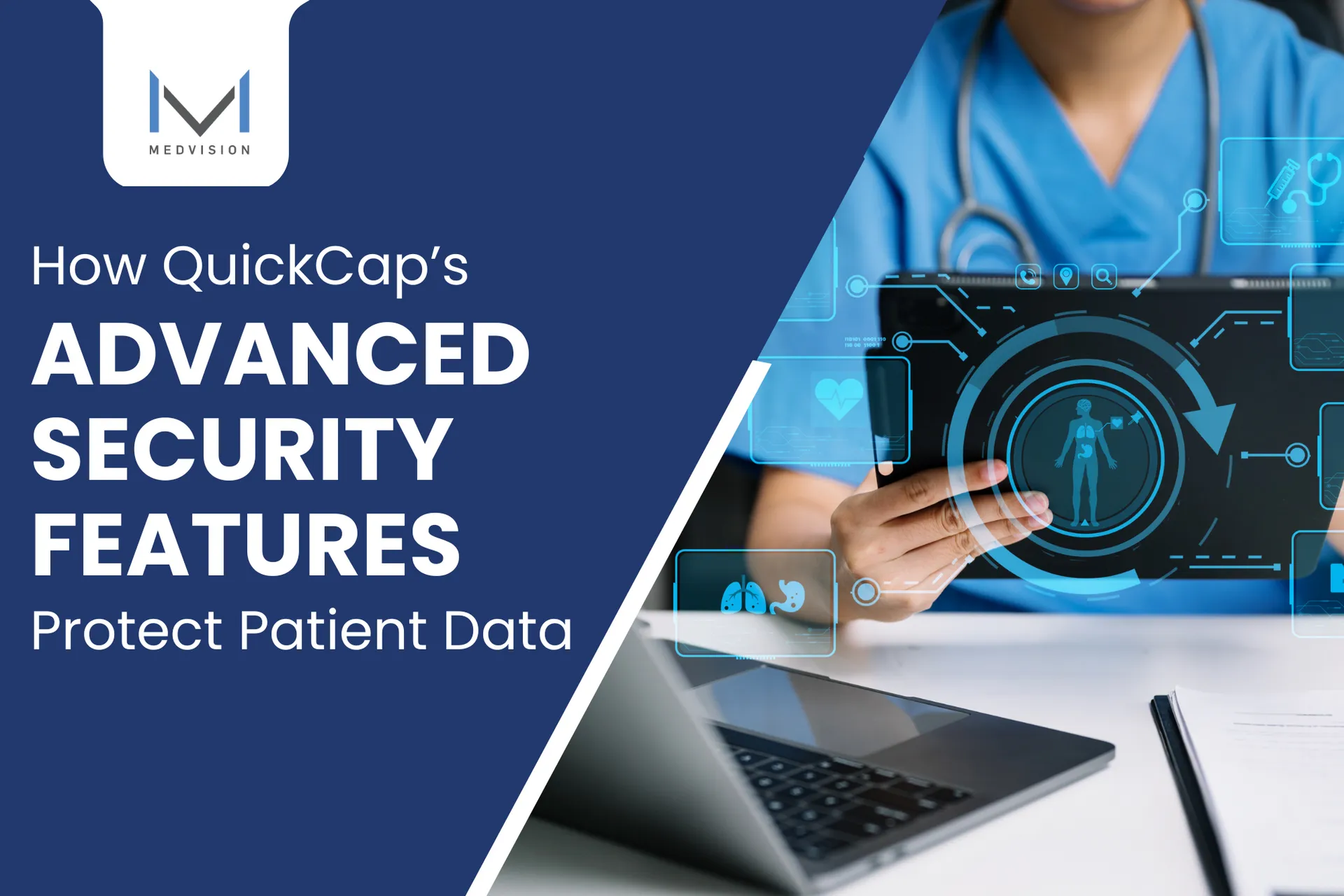Factoring Data Diversity to Improve Healthcare Operations
Healthcare is a data-driven industry continuously pursuing digitalization. Although initiatives to standardize digital records, such as electronic health records (EHRs) and automated claims adjudication, are ongoing, these processes remain fragmented and inaccessible. Organizations often struggle to manage the multitude of data they receive — a problem that reveals the system's inflexibility toward diverse patient data.
Not recognizing data diversity is a drawback to the industry’s efforts for advancing equitable healthcare. Boosting data management models, therefore, takes priority in improving healthcare operations.
Mapping Extents of Healthcare Operations
It is crucial to recognize that healthcare operations consist of numerous data channels. With each procedure, healthcare facilities receive various forms of patient data, which they must evaluate, organize, and study.
The
U.S. Department of Health & Human Services (HHS) sets a
standard for healthcare operations; medical and care facilities must function as follows:
- Conduct assessments of population-based improvement activities relating to improving care, reducing costs, managing cases, and streamlining care coordination.
- Review the provider network: specifically evaluating accreditation, certification, licensing, or credentialing activities.
- Manage (creation, renewal, contracting) healthcare claims.
- Conduct auditing services and ensure compliance with regulatory requirements.
Aside from case management, HHS identifies administrative responsibilities, such as business management and cost-management analyses. Along with these tasks, it is equally important to prioritize customer service satisfaction and internal employee coordination as vital elements of healthcare operations.
Read More: Identifying the Best Business Process Management Strategy
From patient-specific to personnel management, it is clear that healthcare organizations deal with an extensive amount of records. This prompts the need for reliable systems that provide the proper support for information processing.
Prioritizing Data Management for Better Healthcare Outcomes
Data diversity refers to the variety of data types, formats, and sources that store patient data. In healthcare operations, this includes data from electronic medical records, patient-generated data, claims data, financial assessments, and provider network data.
Incorporating various data sources can provide healthcare professionals with a more comprehensive understanding of patient needs and preferences, leading to informed decisions about treatment options and care plans.
A wider data set can also facilitate discoveries and innovations in healthcare. By analyzing various data sources, researchers can
identify new trends and potential treatments that may be overlooked otherwise.
From a macro-perspective, data diversity also enables organizations to measure outcomes more accurately and design appropriate interventions. With a comprehensive data repository, organizations can get ahead of population health trends, leading to
improved health outcomes for entire communities.

Manage Mass Data with Agile Software Solutions
Diverse data presents endless opportunities for improving healthcare operations. However, the sheer amount can overwhelm clinic workflows. Many have turned to digital solutions to manage the workload, yet segmented processes have led to complications and miscommunication.
Taking this on might be challenging, but QuickCap7 can help. With its advanced analytics, you can quickly cater to changing needs as the system readily adapts to new data types and formats. QC7 is an all-in-one digital hub that performs administrative support, claims processing, cost and profit reports, and more intuitive features. The software acts as a dynamic data repository, providing various data analytics features to support you. Upgrade to a reliable software solution that optimizes your data and furthers your cause.

Lead the Change for Your Organization
References:
- HHS.gov. “Guidance: Treatment, Payment, and Health Care Operations,” January 7, 2009. https://www.hhs.gov/hipaa/for-professionals/privacy/guidance/disclosures-treatment-payment-health-care-operations/index.html.
- Kent, Jessica. “Data Sharing, Diversity Key to Accelerating Precision Medicine.” Precision Medicine News. Health IT Analytics, March 23, 2021. https://healthitanalytics.com/news/data-sharing-diversity-key-to-accelerating-precision-medicine
Recently published articles
Keep in touch
Subscribe to get the latest update
Trending topics
Share your insights on social media
Upcoming events and company news


















